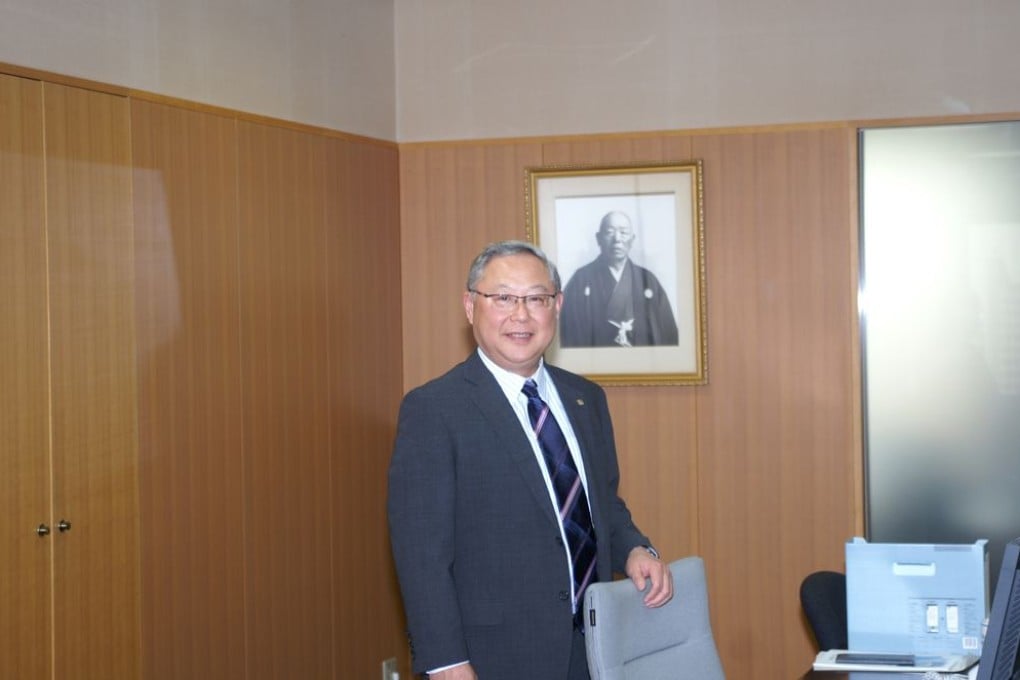Nitta-born technologies revolutionise industries
Obsessed with inventing, improving and pursuing corporate social responsibility, Nitta has grown to become one of the leading manufacturers of premium soft-materials-based products worldwide. With a history spanning 129 years, the company started as a producer of power transmission leather belts. Nitta has since developed to supply a broad product range incorporating frontier technologies.

Obsessed with inventing, improving and pursuing corporate social responsibility, Nitta has grown to become one of the leading manufacturers of premium soft-materials-based products worldwide. With a history spanning 129 years, the company started as a producer of power transmission leather belts. Nitta has since developed to supply a broad product range incorporating frontier technologies. Its expertise extends from transmission and conveyor belts, hydraulic hose and pneumatic tubing, and air filters for manufacturing plants and buildings, to mechatronic products for robots and wafer polishers for next-generation computers.
The company's biggest achievement, however, is yet to come. This month, Nitta welcomes its next president - Motonobu Nitta. The fresh leadership will steer the company through an aggressive growth path envisioned in its mid- and long-term management plan. In particular, Nitta forecasts global sales to surge 40 per cent until 2020. The target expansion is more staggering in Asia at 120 per cent on the back of heightened regional networking and introduction of innovative products.
"We're strengthening the company by promoting new product ideas to meet changes in the global environmental and market conditions," Nitta says.
Its Intelimer tape, for example, has simplified various production processes. Initially launched in Taiwan, the invention is a functional tape that reversibly sticks and releases items in response to temperature changes.
When used in semiconductor manufacturing, Intelimer saves on production costs as manufacturers have to use only one set of tape to hold the wafers from laminating and cutting to releasing. Intelimer also drastically reduces pollution as its minimal adhesive residue eliminates the need to clean the wafers with solvent.
Such environmental concern defines Nitta. The company has developed "green" products such as its selective catalytic reduction system, which filters emissions from passenger vehicles to buses and trucks. The company has also been maintaining a 6,700-hectare forest reserve in Hokkaido since 1906.
Other innovations are bound to revolutionise industries. Nitta has developed superior carbon nanotubes after discovering a way to neatly align nanofibres along membranes.
To be initially introduced in Japan as tubings for sectors such as aerospace, medical and transport, the product will feature more stable chemical, thermal and electrostatic properties. In the field of logistics, Nitta has designed a radio-frequency identification tag that is only 0.1mm thick and can be used on metal surfaces.
"We have developed the Asia Networking concept, where we see Asia as one strategic area to manage and invest," Nitta says. "We want to be the No 1 global partner in composite technologies of soft materials."
www.nitta.co.jp